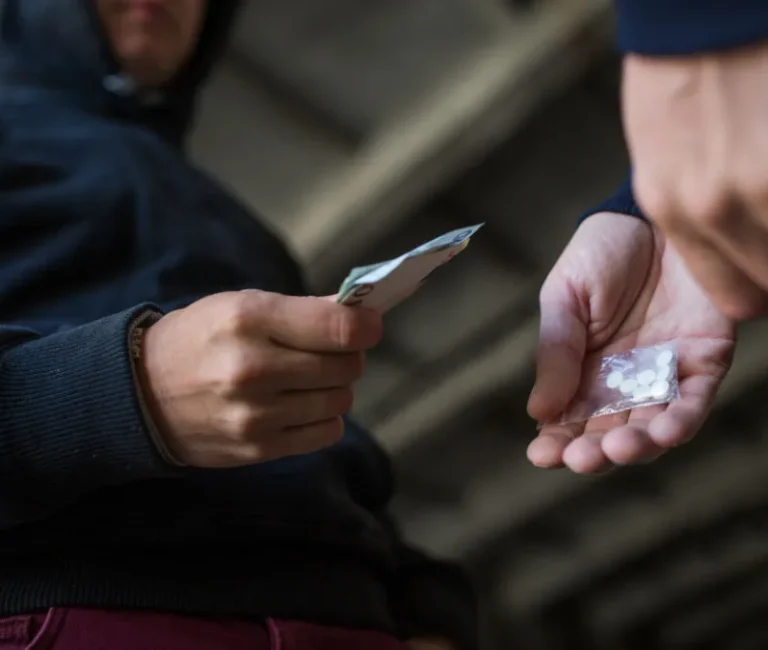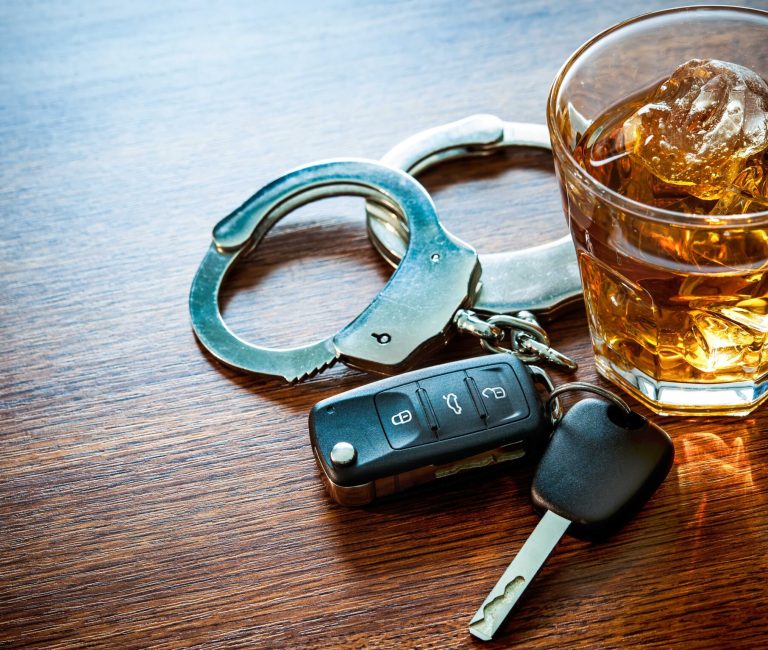Drug Offences

In the UK, drug offences are primarily governed by the Misuse of Drugs Act 1971, which classifies drugs into three categories based on their potential harm: Class A, B, and C. The type of offence committed will depend on factors like the class of drug involved, the quantity, and the specific activity.
Here are the main types of drug offences under UK law:
- Possession of Drugs
- Possession refers to having drugs on your person or in your possession. This is one of the most common drug-related offences.
- Class A drugs (e.g., heroin, cocaine, ecstasy) carry the harshest penalties.
- Class B drugs (e.g., cannabis, amphetamines) are subject to less severe penalties.
- Class C drugs (e.g., steroids, some tranquillisers) carry the least severe penalties.
- Possession can also include possession with intent to supply (which is a more serious offence).
- Possession with Intent to Supply
- This offence occurs when someone possesses a controlled drug with the intention of selling or distributing it, rather than using it for personal use.
- The law does not require actual sale or distribution to prove intent. For example, the quantity of the drug, the packaging, or any other evidence of trafficking could indicate intent.
- Class A drugs carry a severe penalty.
- Class B and C drugs also carry significant penalties, though less severe than Class A.
- Supply of Drugs
- Supplying drugs involves selling or distributing them to others. This can include giving drugs to friends or acquaintances, even if no money is exchanged.
- Class A drugs (e.g., heroin, cocaine) carry the most serious penalties.
- Class B and C drugs are also covered under this offence.
- Production or Manufacture of Drugs
- This refers to the illegal production, cultivation, or manufacture of controlled drugs.
- For instance, cultivating cannabis plants or manufacturing ecstasy.
- Penalties depend on the class of drug involved, with Class A drugs attracting more severe punishment.
- Importation and Exportation of Drugs
- Importing or exporting controlled substances into or out of the UK is a serious offence.
- This includes attempting to smuggle drugs into the country through airports, ports, or other borders.
- Driving Under the Influence of Drugs
- It is an offence to drive while under the influence of illegal drugs or when a drug is in your system in excess of prescribed limits (for certain legal drugs).
- This can include recreational drugs or even prescription drugs taken in excess.
- Penalties include:
- 6 months’ imprisonment,
- A fine of up to £5,000,
- A driving ban for at least 12 months.
- Trafficking or Dealing in Drugs
- Drug trafficking involves the large-scale movement of drugs, often as part of an organised criminal operation.
- It includes the production, supply, and importation of drugs.
- Serious offenders involved in trafficking may face a life sentence or other severe penalties.
- Possession of Drug Paraphernalia
- While there’s no specific offence for possessing drug paraphernalia in itself, possession of items that are commonly used in the preparation or consumption of drugs (such as scales, pipes, or syringes) can lead to charges if there is evidence of drug-related activity.
- This is often associated with possession with intent to supply.
- Dealing with Drug Money (Money Laundering)
- People involved in drug trafficking may also face charges related to money laundering if they attempt to hide or conceal the proceeds of crime.
- This can include actions like placing drug money in bank accounts, making investments, or buying property with illicit funds.
- Drug-Related Offences in Specific Locations
- Some areas may impose restrictions related to drug exclusion zones or “drug-free zones” around schools or hospitals. Being caught with drugs in these areas can lead to additional charges.
The legal framework for drug-related offences in the UK is strict, with Class A drugs receiving the harshest penalties due to their high potential for harm. However, the severity of the penalty depends on the nature and circumstances of the offence, including the class of drug, the quantity, and whether it involves criminal organisations.
High Success Rate
Expert Legal Services
Highly Recommend
Free Consultation
Drop Us a Line
Trust our firm to deliver the results you deserve...
Let Us Help You
As the UK’s premier defence specialists, we represent clients throughout England and North Wales with unparalleled success. Our expert solicitors possess intimate knowledge of court procedures in every jurisdiction across the nation, having built a reputation for excellence in even the most challenging venues.
Need guidance on your case? Contact us today for a free, confidential consultation and discover how our proven strategies could protect your future.
After an accumulation of driving offences, it seemed inevitable my license would be suspended. Being a self employed builder this would have had an enormous negative impact on my business,… read more or if my business would survive at all, not to mention the huge inconvenience in my personal life and that of my kids and especially my mother, who needed medical care and regular GP/ hospital visits. I received 21 points for my offences and only after Aftab’s help was I able to keep my license. I could not believe it and I can not thank Aftab enough. Also I can not recommend him enough, I’m not sure what I would have and could have done without his legal services
26 June 2024
I can’t recommend Alex Rostron at The Motoring Lawyers highly enough. From start to finish, he provided exceptional legal support, and thanks to his expertise, I was fully acquitted of… read more my case. Alex’s knowledge of motoring law is impressive, and his ability to break down complex legal jargon made me feel at ease throughout the entire process. He was thorough, attentive, and always kept me informed. His commitment and attention to detail were key to the successful outcome, and I am extremely grateful for his professionalism. If you’re in need of a motoring lawyer, Alex is the person you want in your corner!
30 October 2024
Thanks to Alex and his team I’ve managed to keep my driving licence my case was very complex but these guys fought long and hard and got me a very… read more good result. No ban and got to keep my license with no penalty points
26 June 2024
Discover Frequently Asked Questions from Our Support
Possession, possession with intent to supply, supply, production, importation/exportation, and trafficking are the key offences under the Misuse of Drugs Act 1971.
Drugs are categorised as Class A (most harmful), Class B, or Class C. Penalties vary depending on the class and nature of the offence.
Yes. Supplying drugs includes giving them away, even without payment.
Penalties range from fines and community orders to life imprisonment for serious offences like trafficking or Class A supply.




